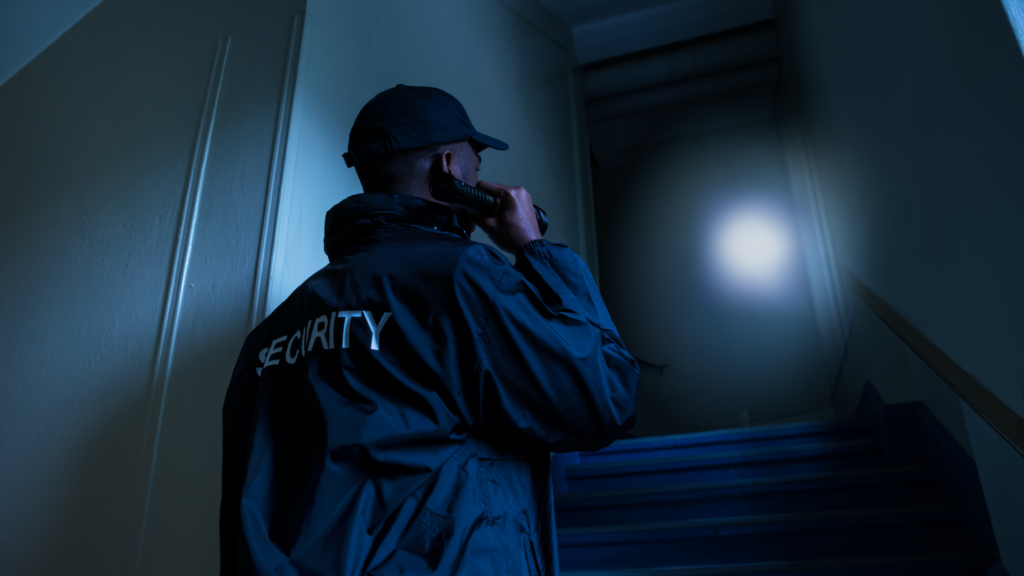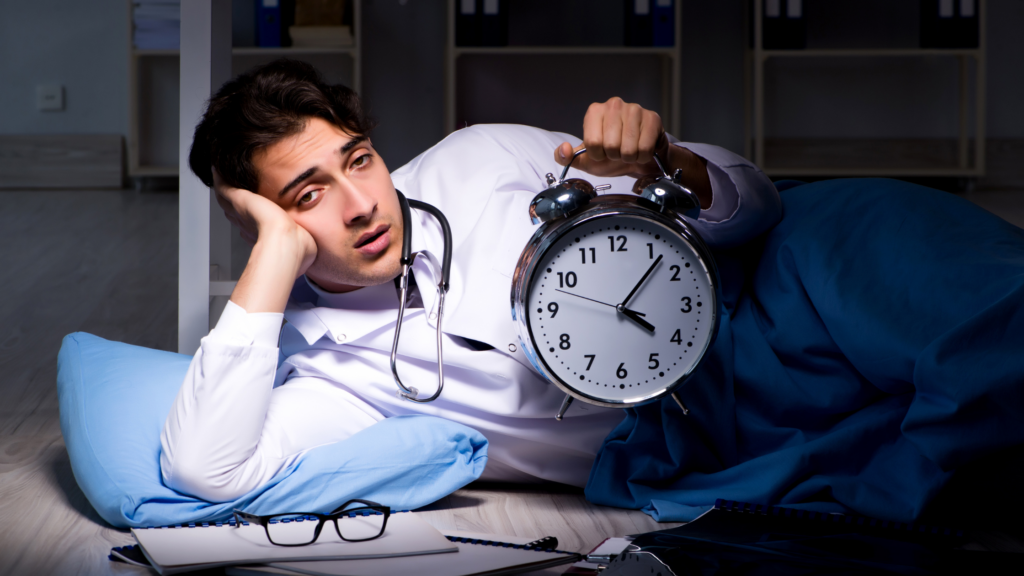Many Caribbean workers, regardless of gender, find their sleep health challenged by the demands of shift work. Our internal clock, or circadian rhythm, thrives on consistency. This complex system regulates various physiological processes, including sleep-wake cycles, hormone production, and digestion. Sunlight exposure plays a crucial role in setting our circadian rhythm. When we wake up to sunlight and experience darkness at night, our bodies naturally know when to be alert and when to wind down.
Shift Work and Sleep Disruption: A Caribbean Challenge
Shift work, with its constantly changing schedule and exposure to artificial light at night, disrupts this delicate balance. Melatonin production, a hormone crucial for sleep regulation, is suppressed when our bodies are exposed to light during typical sleep hours. This can lead to a domino effect, impacting various aspects of our health, including:
- Alertness: Daytime sleepiness is a major concern for shift workers. Studies have shown that shift workers are more prone to accidents and injuries due to fatigue [1].
- Mood: Irritability, anxiety, and even depression are more common in individuals who struggle with chronic sleep disturbances caused by shift work [2].
- Metabolism: Research suggests a link between shift work and increased risk of obesity, diabetes, and heart disease [3]. These chronic conditions can further exacerbate sleep problems, creating a vicious cycle.
- Cognitive Function: Shift work can negatively impact memory, focus, and decision-making abilities.

The Caribbean Context: Unique Challenges for Workers
Caribbean workers may face additional challenges when it comes to sleep and shift work. Cultural norms and strong family bonds often place the responsibility of childcare and household duties on individuals, regardless of their work schedules. This can lead to fragmented sleep, further impacting their overall sleep quality. Additionally, access to healthcare and sleep specialists may be limited in some Caribbean islands, making it even more difficult for workers to address sleep issues effectively.
Taking Back the Night: Strategies for Shift Work Sleep
Don’t let shift work steal your rest! Here are some practical tips to improve your sleep hygiene and reclaim control of your sleep health:
- Light Matters: Maximize exposure to bright light during your waking hours, especially in the morning. This helps regulate your circadian rhythm and promotes alertness. Conversely, minimize light exposure at night. Consider blackout curtains or an eye mask for afternoon naps to create a dark sleep environment.
- Routine is King/Queen: Create a sleep schedule you can stick to as much as possible, even on off days. This consistency helps regulate your body’s natural sleep-wake cycle. Go to bed and wake up around the same time each day, even on weekends.
- Power Down Before Bed: Avoid screens like phones, laptops, and televisions for at least an hour before bed. The blue light emitted by these devices can suppress melatonin production and make it harder to fall asleep. Opt for relaxing activities like reading a book, taking a warm bath, or light stretching before bed.
- Create a Sleep Sanctuary: Make your bedroom a haven for sleep. Ensure it’s cool, dark, and quiet. Invest in comfortable bedding and pillows that support your posture.
- Diet and Exercise: Maintain a healthy diet and regular exercise routine. However, avoid strenuous exercise close to bedtime, as it can energize you and make it harder to fall asleep.
- Power Naps: Short naps (20-30 minutes) during breaks or on long shifts can help improve alertness and performance. However, avoid napping too close to bedtime, as it can interfere with nighttime sleep.
- Seek Support: Talk to your doctor about any sleep issues you’re experiencing. They can rule out underlying medical conditions like sleep apnea or restless leg syndrome that may be contributing to your sleep problems. They can also recommend treatment options, such as cognitive behavioral therapy for insomnia (CBT-I), which can be a helpful tool for improving sleep patterns.


Celebrate World Sleep Day with ISD Health Solutions!
Mark your calendars, because World Sleep Day is coming up on the 15th March! This year’s theme is Sleep Equity for Global Health. ISD Health Solutions is committed to helping Caribbean workers achieve optimal sleep health. We recognize the unique challenges faced by those in the workforce, especially those working non-traditional hours.
Taking Charge of Your Sleep Health: Resources and Support
Here are some additional resources to help you learn more about sleep health and improve your sleep habits:
- ISD Health Solutions website: We offer a wealth of information on sleep disorders, healthy sleep habits, and the importance of sleep for overall health and well-being.
- World Sleep Day website: Find informative resources and


